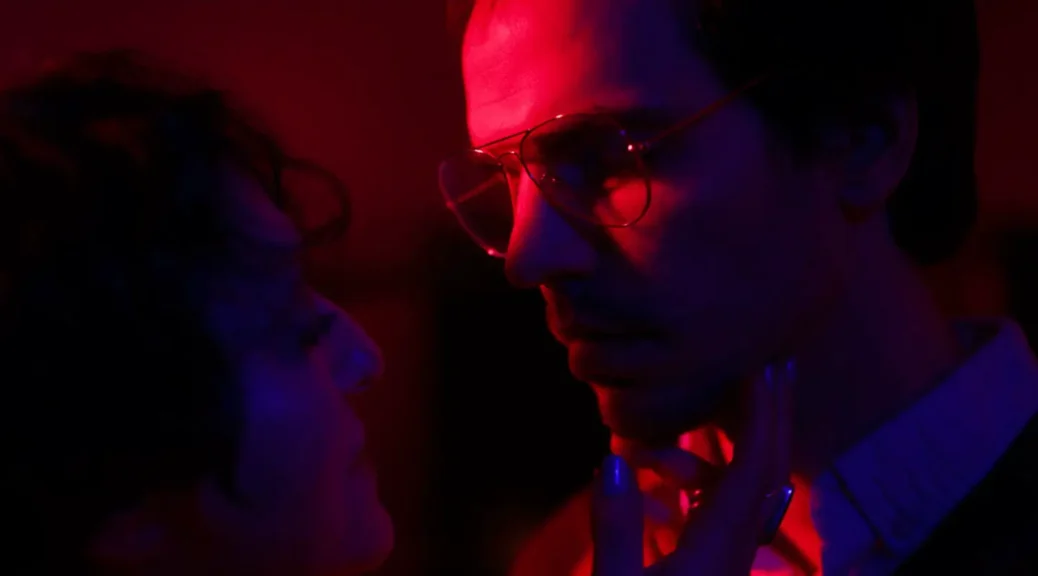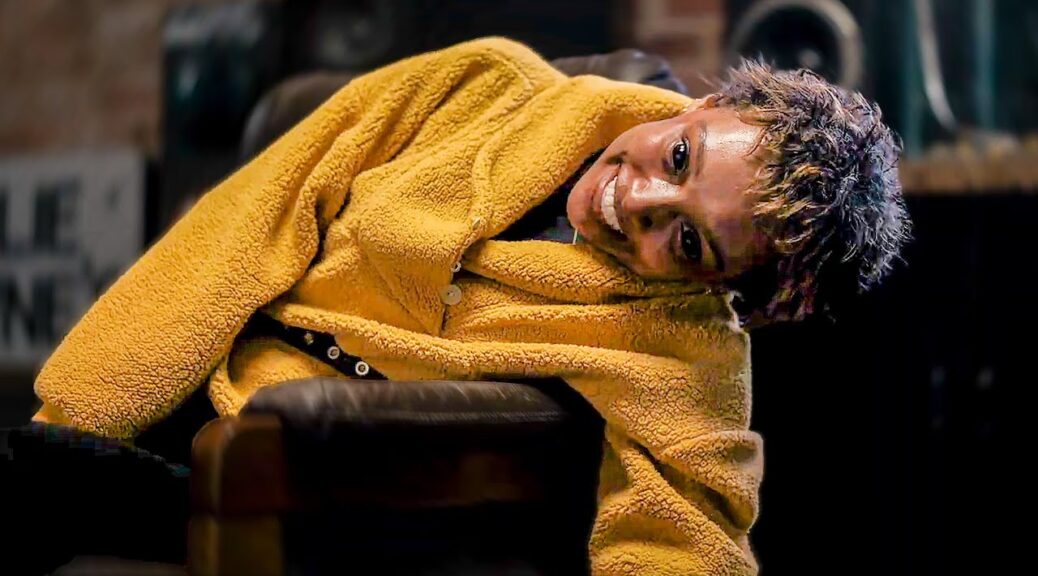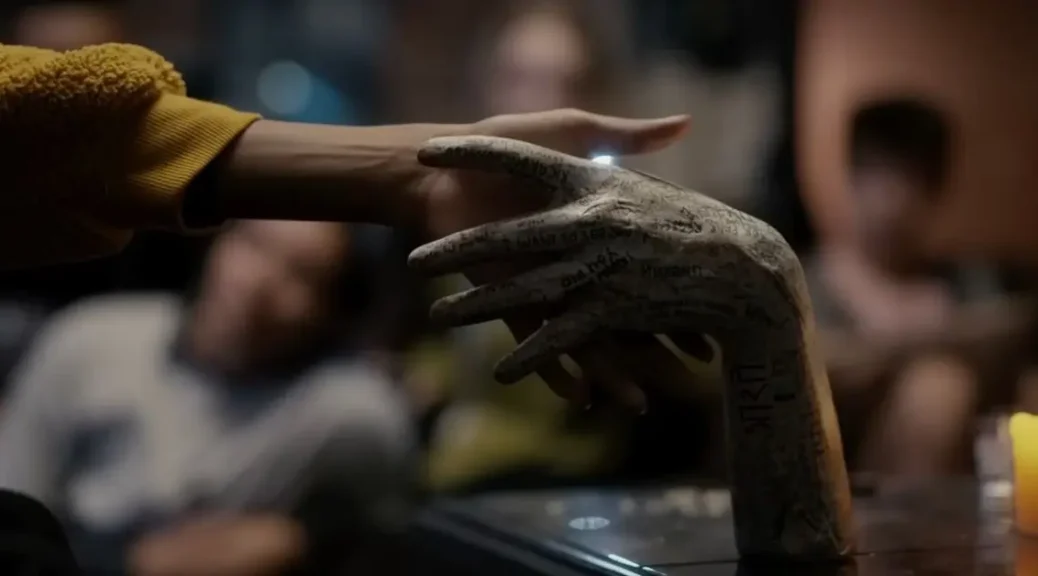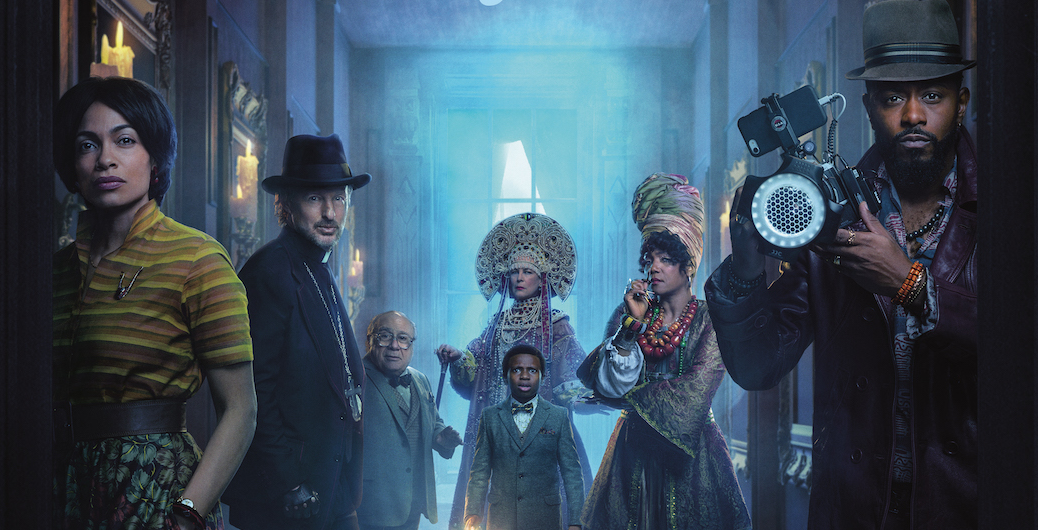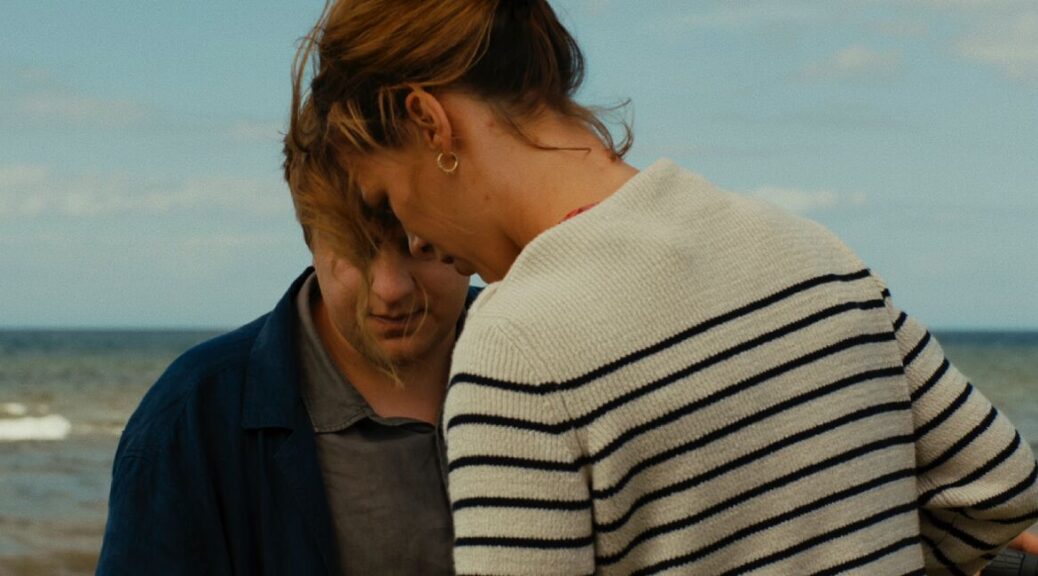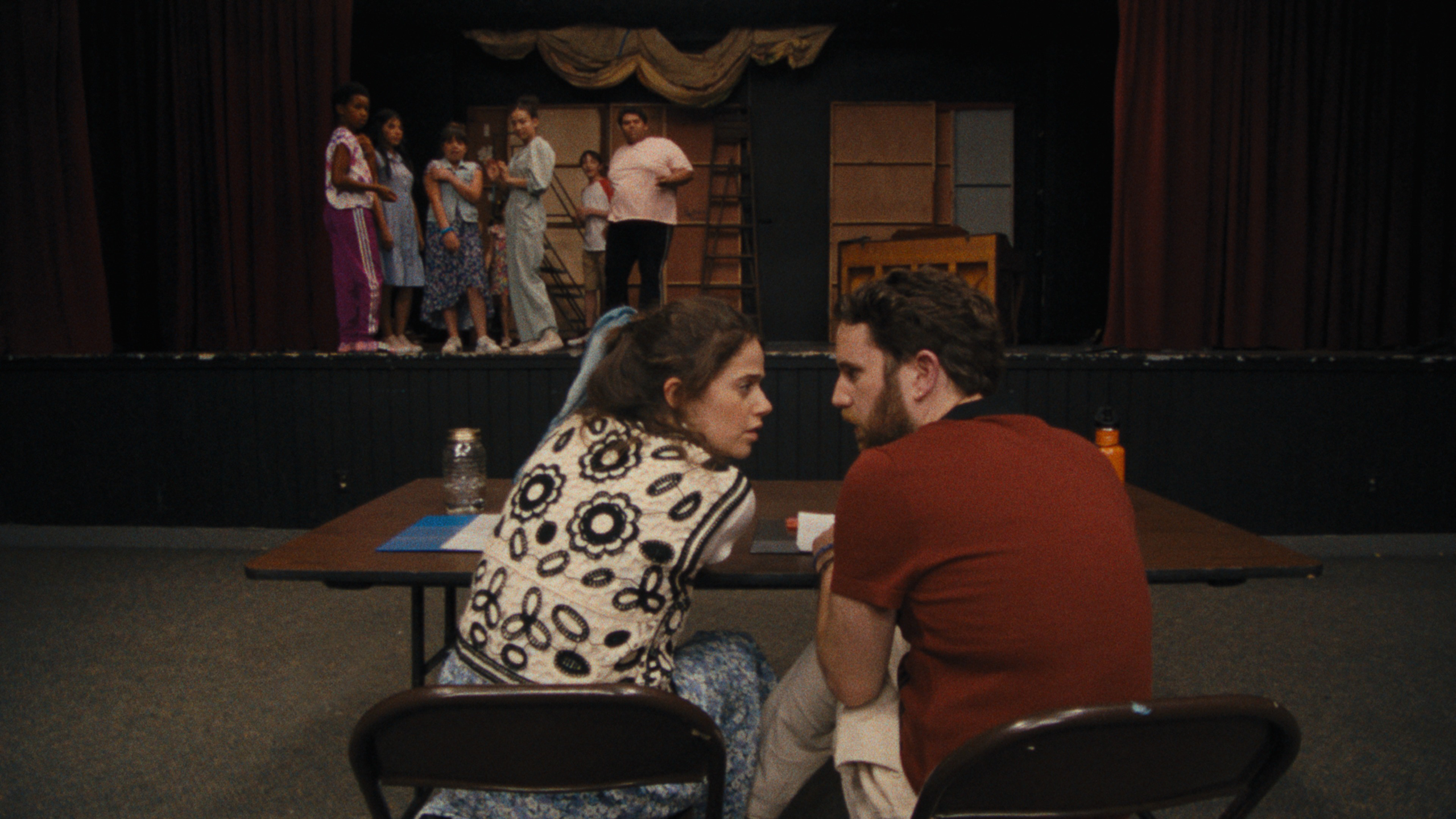Rub
by Brandon Thomas
As disheveled loner Neal (Micah Spayer) sits at his work desk scanning through dating site profiles, it’s hard not to immediately think of other cinematic losers. Taxi Driver’s Travis Bickle, One Hour Photo’s Seymour Parrish, and Joker’s titular character spring to mind first. However, as Christopher’s Fox feature debut Rub plays out, our expectations are slowly thrown out the window and the film unfolds into something completely different.
Neal leads an isolated life. His coworkers don’t take him seriously, his relationship with his family seems to exist only over the phone, and any attempt at a romantic relationship is dismissed. At the urging of a co-worker, Neal visits a tawdry massage parlor where he meets Perla (Jennifer Figuereo). As Neal’s humiliation at the hands of his co-workers boils over, he makes another visit to the parlor – a visit that will wind up with both Neal and Perla on the run.
The way Rub nimbly dances between sub-genres really allows it to surprise. Just when you think it’s going to become Maniac, the film veers off into Taxi Driver territory. However before Rub can fully commit to homaging Scorsese’s anarchic opus, the film takes another hard right into Badlands. Director Fox never lets his film get comfortable in any of these genre-defining areas. Instead, the tone and tenor of the film follows the characters and their journey, not the other way around.
Spayer has the flashier role of the two roles, and he handles himself quite well, but the real fireworks happen when both Spayer and Figuereo are sharing the screen. They are an unlikely pair but their vulnerability shines through to something deeper and more meaningful. Both characters have been discarded by those around them – to be used only as things of either enjoyment or ridicule. It’s a pairing that begs for a happy ending, but the mounting suspense and tension only point to one inevitable outcome.
Rub is the kind of character-centric genre outing that evokes the electric and gratifying cinema of the 1970s. Sure, it’s a low-budget film that’s rough around the edges, but any shortcomings on a purely production level are soon erased by the commitment to surprising storytelling.
